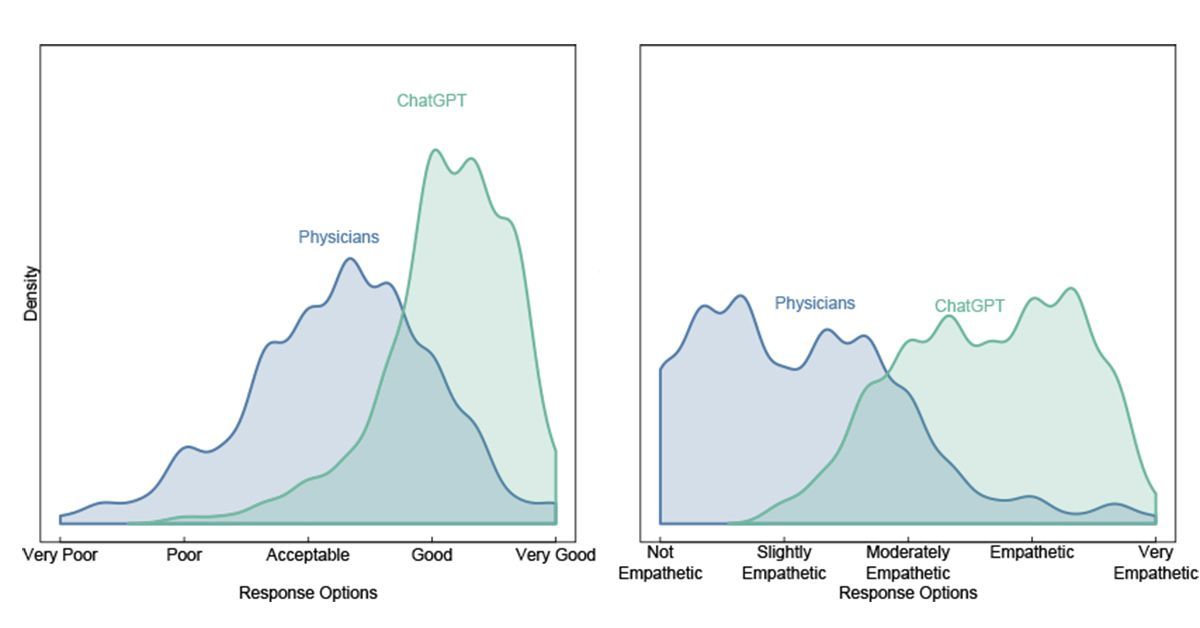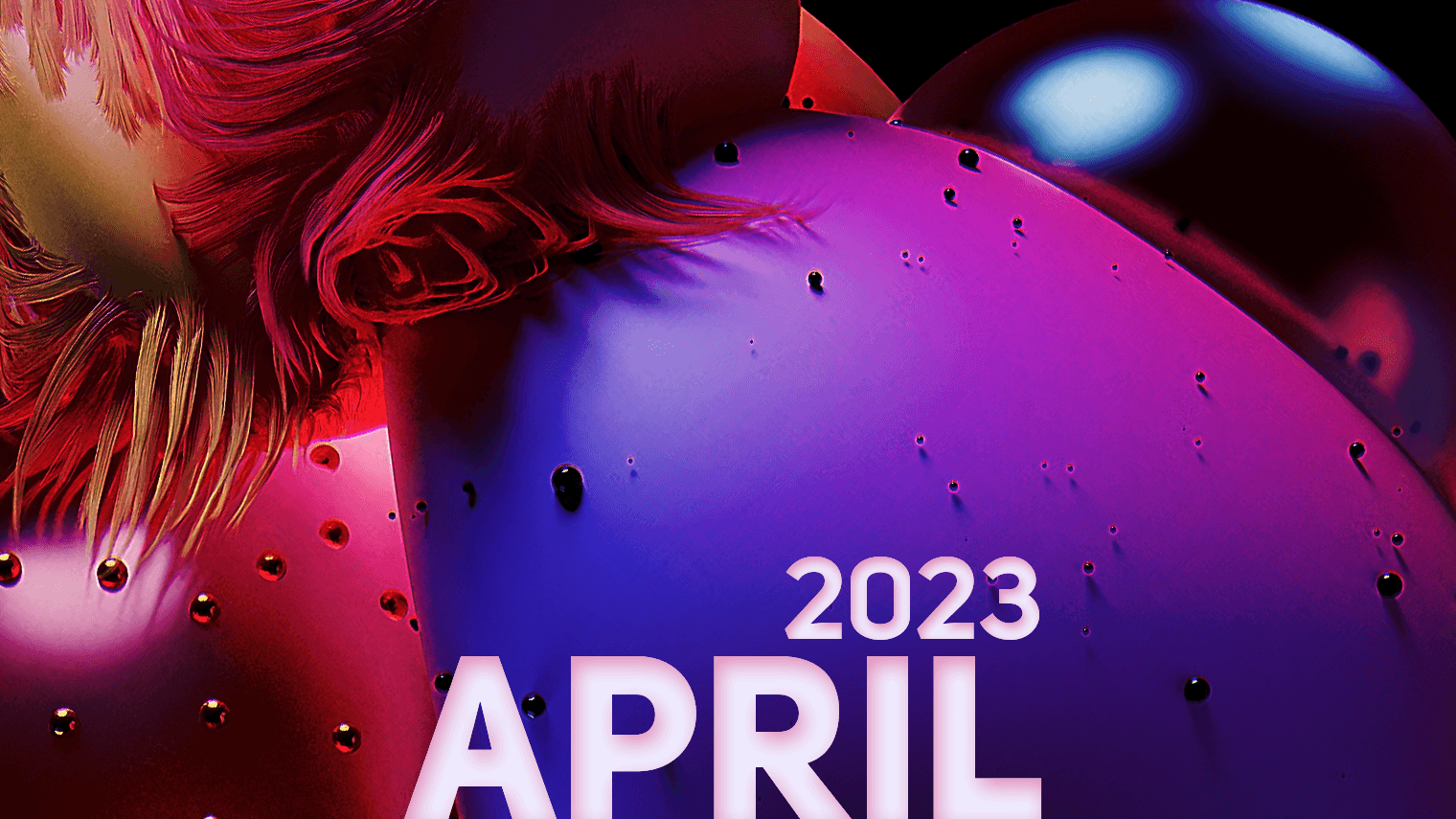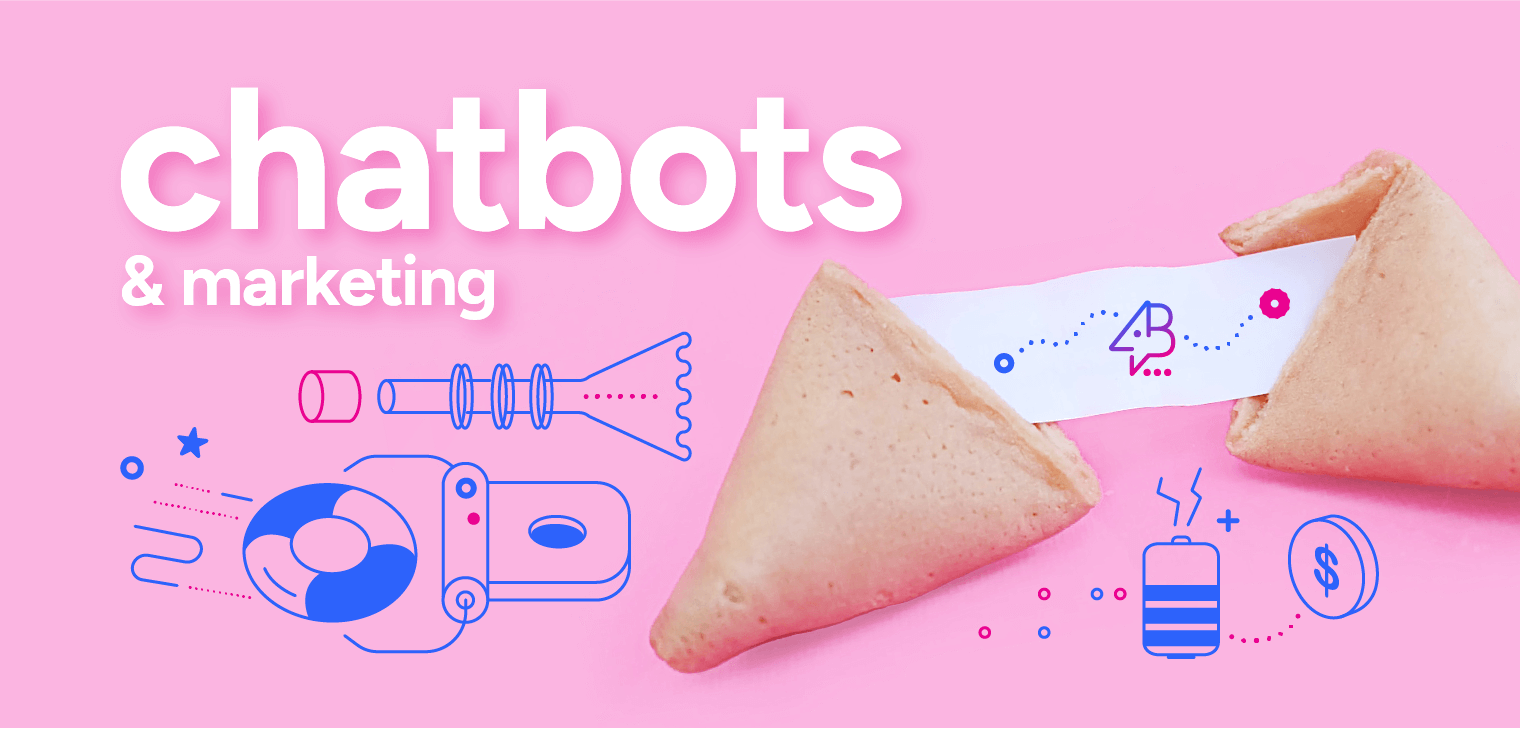💵 This research, Global Fintech 2023: Reimagining the Future of Finance, covers the most recent trends and prospects in the global fintech business and offers a thorough assessment of the industry’s future landscape internationally.
Additionally, it looks at the influence of developing technology and the regulatory environment for fintech firms.
The analysis found that while fintechs lost more than half of their market value on average in 2022, this decline was only a temporary blip in an otherwise long-term upward trend.
Interesting takeaways from the report:
- By 2030, it is anticipated that financial technology revenues would increase by six times, from $245 billion to $1.5 trillion.
- Neobanks will be important in enhancing financial access for the approximately 2.8 billion underbanked people (with 50% of them living in developing economies) and the additional 1.5 billion unbanked adults (with 75% of them living in emerging economies).
- Fintech regulation has always been comparatively lax, passive, disjointed, and, in some situations, even behind. Although successive bank crises have increased their sensitivity to asset/liability management, regulators must watch out for overregulating the sector and limiting innovation in addition to setting guardrails.
While payments led the last era, we expect that B2B (serving small businesses) and B2B2X (B2B to any user) will lead the next. Fintechs serving B2B have ample room to disrupt, as small to mid-sized enterprises (SMEs) worldwide have an estimated $5 trillion in annual unmet credit needs. As businesses across industries at large offer more financial services and incumbents struggle to keep up with the pace of innovation, B2B2X (including embedded finance)—which already constitutes 25% of all fintech revenues—is expected to become increasingly relevant in meeting the growing demand for fintech solutions. Deepak Goyal, Rishi Varma
BCG

US Copyright Office: AI Generated Works Are Not Eligible for Copyright
The US Copyright Office released a statement of policy last week concerning the copyrighting of works made with artificial intelligence.Read the article onartnews.com🖼️ Generative AI and copyright is a tricky matter all around the globe. In the US, it seems a little precedent was set, with copyright to an AI-generated comic book first granted and then quickly revamped to include only original content made by the author:
Last year, author Kris Kashtanova claimed to be the first person to have been granted copyright for an AI-created work when her request to register her comic book Zarya of the Dawn, which was produced using AI-generated images, was approved. The Copyright Office then put its decision under review and requested additional information when it was discovered that the images had been made using popular AI generator Midjourney.
Then, after reviewing its decision late last month, the Copyright Office cancelled its original certification and issued a new one. The elements that Kashtanova created —that is, the writing and other original elements— would be protected. The images would not, as only human-made creations are eligible for copyright. Shanti Escalante-De Mattei
ARTNEWS

Study Finds ChatGPT Outperforms Physicians in High-Quality, Empathetic Answers
Can physicians working together with ChatGPT revolutionize medicine?Read the article ontoday.ucsd.edu🩺 “Artificial Intelligence Chatbot Responses to Patient Questions Posted to a Public Social Media Forum” study posted on JAMA Internal Medicine took conversations between doctors and Reddit users from r/AskDocs sub and compared them to answers generated by ChatGPT. In the blind test, the panel of healthcare professional evaluators preferred ChatGPT responses to physician responses 79% of the time.
The team randomly sampled 195 exchanges from AskDocs where a verified physician responded to a public question. The team provided the original question to ChatGPT and asked it to author a response. A panel of three licensed healthcare professionals assessed each question and the corresponding responses and were blinded to whether the response originated from a physician or ChatGPT. They compared responses based on information quality and empathy, noting which one they preferred. Mika Ono
UC SAN DIEGO TODAY

A CEO is spending more than $2,000 a month on ChatGPT Plus accounts for all of his employees
Founder and CEO of Genies, is spending $2,400 a month on ChatGPT accounts.Read the article onbusinessinsider.com🧠 A CEO says he’s already seeing benefits from investing thousands of dollars per month to purchase ChatGPT Plus accounts for every single employee at his organisation.
In an effort to increase productivity and cut costs, Akash Nigam, the founder of Genies, the $1 billion avatar tools firm used by superstars like Justin Bieber and Cardi B, spends $2,400 per month on ChatGPT Plus accounts for each of his 120 workers. A receipt provided by the insider served as proof of the accounts’ purchase.
While he said the majority of the employees are “diving in headfirst” with ChatGPT, there’s a “small fraction” of people who are “passively integrating it” into their workflows, whether that’s due to lack of time or care. Genies has been holding informal workshops where the employees who are “really obsessed” and “leaning in” to ChatGPT teach coworkers with less experience how to use the AI to perform specific tasks across teams. Nigam believes that everybody at his company must be committed to using ChatGPT for the company to reap the benefits of reduced workloads and headcount. Aaron Mok
BUSINESS INSIDER



